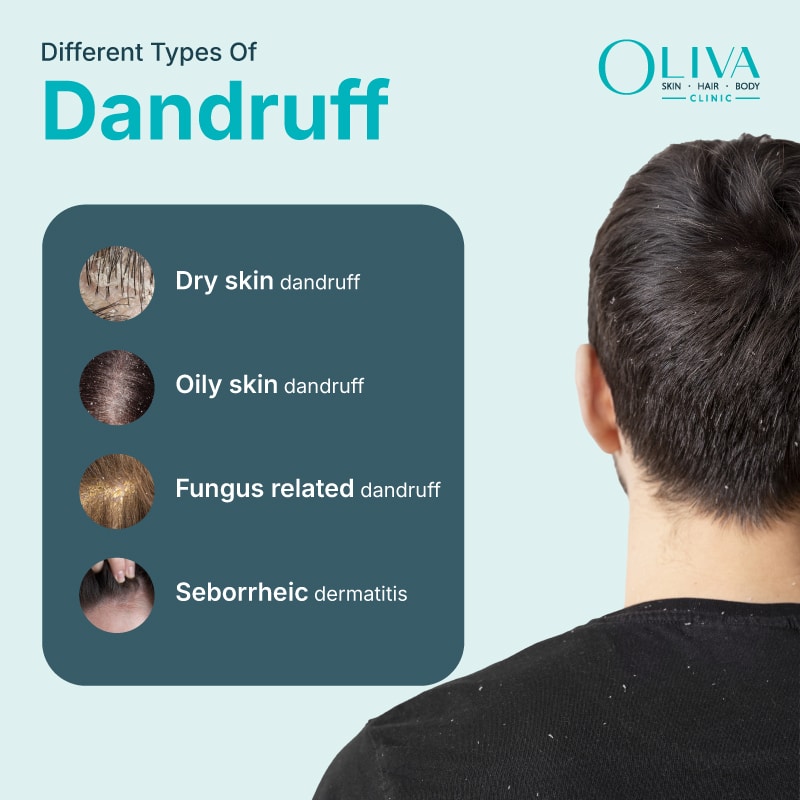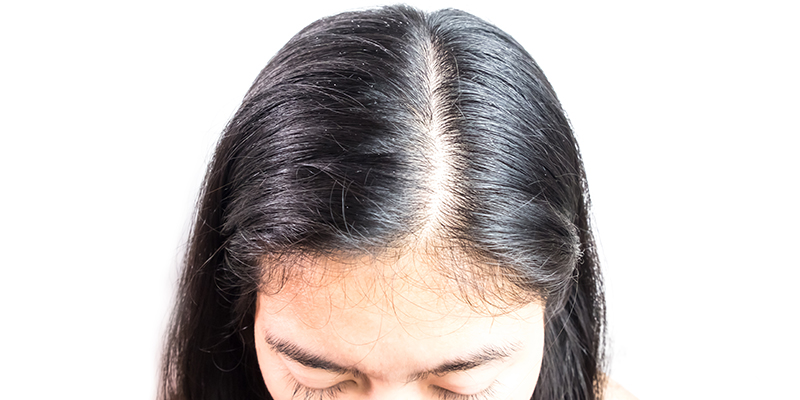In This Article
Does Vitamin D Deficiency Cause Hair Loss? Causes, Signs & Treatment
If you have been noticing excessive hair fall and find it distressing, there is a chance that you could be having a nutritional deficiency. Vitamin D is a crucial nutrient for your body’s functioning, including your hair growth. Vitamin D deficiency can cause hair thinning and make your strands fall out. If you’re unsure whether you have a deficiency in vitamin D or if it is causing hair loss, do not worry. This article will explain the role of vitamin D for hair, the signs and symptoms to look for, and when to involve a professional. Continue reading to know the importance of vitamin D for hair loss.
In This Article

What Is Vitamin D And Why Is It Important For Hair?
Vitamin D is an essential nutrient your body needs that helps in the absorption of calcium, phosphate and magnesium. It keeps your bones strong and supports your immune health and nervous system. Not just that, vitamin D is essential for your hair growth, [1] too. It helps in the creation of new hair follicles from which the new hair grows. It supports the overall health of your hair. If you have a vitamin D deficiency, hair loss is unavoidable. Let us learn how it impacts your hair growth in the sections below.
How Vitamin D Deficiency Leads To Hair Loss?
We all know that hair growth occurs in three phases: anagen (growth), catagen (transition), and telogen (resting). The vitamin D in your body encourages hair growth by keeping the anagen phase active. Deficiency in vitamin D shortens the anagen phase of your hair and pushes it to enter the resting phase earlier. This causes your hair to shed more than it should and eventually decreases the hair density, which ultimately leads to hair thinning.
Signs And Symptoms Of Vitamin D Deficiency
You may ask us how to know if I am having hair fall due to vitamin D deficiency. [2] Well, watch out for the following signs and symptoms to identify:
- Thinning of hair
- Increased hair loss
- Bone pain and bone loss
- Fatigue and tiredness
- Muscle pain and weakness
- Frequent infections
- Mood changes
- Slow wound healing
- Increased sensitivity to pain
How To Know That Your Vitamin D Levels Are Low?
The best way to determine whether you have a vitamin D deficiency or not is through a blood test. The most common blood test used for this is the 25-hydroxyvitamin D [25(OH)D] test that measures the amount of 25(OH)D in your blood. This test indicates how much vitamin is stored in your body through your diet, supplements, and sunlight. Vitamin D levels in your body are usually measured in nanograms per millilitre (ng/mL) or nanomoles per litre (nmol/L). The normal range of vitamin D is 20-50 ng/mL (50-125 nmol/L). It is always best to consult a health care professional who will help identify if you have a deficiency of vitamin D.
How To Boost Vitamin D For Hair Growth?
If it is confirmed that you have a vitamin D deficiency and want to treat it, there are a few ways you can address it. You can obtain more vitamin D for hair through sun exposure, diet and supplements.
When you expose your body to sunlight, your body produces vitamin D naturally.
Natural sources of food for vitamin D include egg yolks, mushrooms, cottage cheese, fortified foods like tofu, milk, yoghurt and orange juice, and fatty fish like salmon, mackerel, and tuna.
Your doctor may suggest oral vitamin D supplements with a prescribed daily dosage to reach the normal levels.
Once your vitamin D levels normalise, it is essential to maintain them to prevent their recurrence, which will lead to hair thinning and hair loss.
Scientific Studies Linking Vitamin D And Hair Regrowth
Scientific research states that there is a link between vitamin D and hair growth. As per a study in 2017, [3] it was found that low levels of vitamin D may cause alopecia areata, an autoimmune condition where the immune system attacks the hair follicles.
Another study in 2021 [4] states that vitamin D deficiency may lead to androgenetic alopecia. This is a common type of hair loss that causes male and female pattern baldness.
Precautions And Side Effects Of Excess Vitamin D
While it is essential to take necessary measures to maintain adequate vitamin D levels, sometimes it can lead to an excess, causing side effects. Here are some preventive methods you need to be careful of:
- Do not spend more time in the sunlight, as it can cause skin cancer. An exposure of about 10-15 minutes will suffice.
- Consume vitamin-D rich foods to maintain the levels.
- Manage your stress levels and get adequate sleep.
- Avoid using a higher dose of vitamin D unless recommended by your doctor.
- Take supplements that are below 4000 UI (100 mcg) per day.
- Monitor your vitamin D levels at regular intervals.
Here are the side effects of taking vitamin D in excess amounts for a long time:
- Dehydration
- Kidney stones
- High levels of calcium in the blood
- Kidney damage
When To See A Dermatologist For Hair Loss?
You may be trying the effective remedies for treating vitamin D deficiency hair loss. However, nothing seems to be working. It is a clear indication that you need to consult a dermatologist who will assess your condition and suggest a suitable treatment for hair fall due to vitamin D deficiency. This may include PRP hair therapy, hair threads, QR678 neo treatments, oral or topical medications. Our doctors at Oliva follow a unique 5-step consultation protocol to understand your hair loss and the underlying causes. Based on this detailed evaluation, they will customise a treatment plan that includes hair loss treatments as a standalone or in combination, a proper hair care regimen, and a diet to help manage vitamin D deficiency hair loss.
Takeaway
Vitamin D is very crucial for body functioning, and a decrease in its levels can negatively impact your hair growth too. To determine if you are having hair fall due to vitamin D deficiency or not, consult a dermatologist who will recommend related tests and prescribe a treatment accordingly. If you are looking for the best clinic to treat vitamin D deficiency hair loss, visit Oliva Clinics. We diagnose your condition first before recommending any treatment to you.
Frequency Asked Questions On Vitamin D For Hair
No. While Vitamin D is crucial for hair health, using it alone cannot stop your hair loss. You need to address the underlying cause first, which may be a combination of factors.
If you have been diagnosed with Vitamin D deficiency, you should consider supplements, especially if you are also experiencing hair loss.
Yes, vitamin D can help improve the health of your hair follicles, potentially leading to new hair growth, especially in cases where the loss was due to a deficiency.
It can take several months to see noticeable improvements in your hair growth and reduced hair shedding after you start taking Vitamin D supplements.
Yes, it’s generally safe to take Vitamin D daily. However, the dosage should be determined by a healthcare professional to avoid toxicity.
Yes, excessive Vitamin D intake can lead to hypercalcemia, a condition that may cause hair loss among other symptoms.
The most effective way to treat hair loss due to vitamin D deficiency is to take Vitamin D supplements under medical supervision to correct the deficiency.
Take the vitamin D capsules orally as directed by your healthcare professional. They are not meant to be applied directly to the hair or scalp.
Yes, a significant deficiency in vitamin D can disrupt your hair growth cycle and lead to hair shedding or loss.












